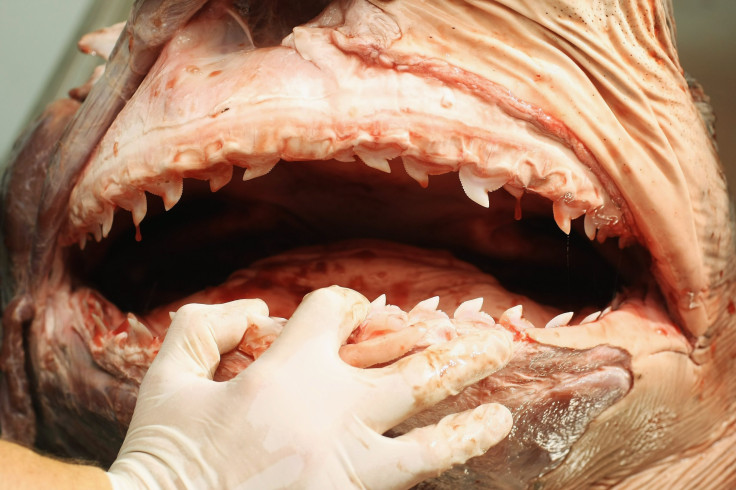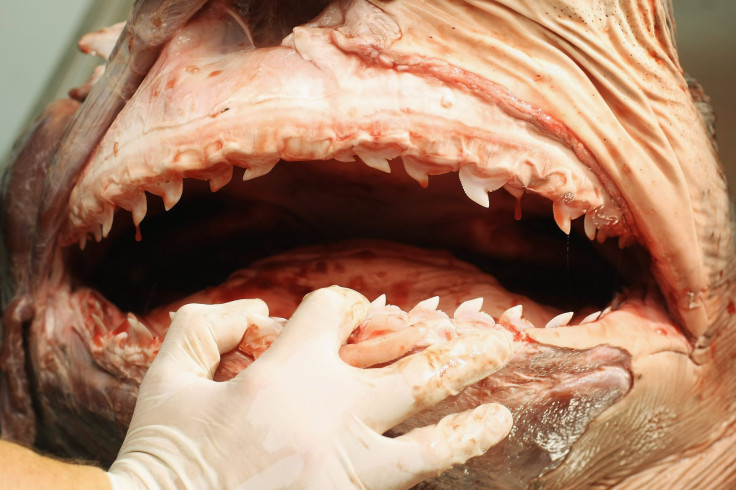300 Rotting Sharks Found 150 Miles Inland Off Busy Highway

Police authorities and residents of Michoacán, Mexico, were in for a surprise when they found carcasses of 300 sharks by a roadside in the state, 150 miles away from the sea.
The carcasses were allegedly found in sacks in the back of a cargo van, which was stolen from La Barca, Jalisco, a western Mexican state fringing the Pacific Ocean, TeleSurTv, a multi-State funded television network, stated.
Reports said the shark carcasses were gutted and their fins removed. Residents first found out about the carcasses when a stench began to float down the busy highway. Initially, authorities thought the sacks contained human remains but were surprised to find the dead sharks.

Some reports stated police claimed the car thieves dumped the carcasses along the La Piedad-Yurécuaro highway as soon as they stole the vehicle; however, many witnesses said they saw the sharks being thrown from a passing train. Officials who found the sharks dumped in the township of Yurecuaro in Michoacán suspect this could be the work of gangs or drug cartels —a common problem in the area.
The remains of the sharks were transferred to the Attorney General's Office and the matter is being investigated by the Ministry of Environment and Natural Resources.
So far, the ministry has managed to trace the place of origin of up to 100 sharks along the Mexican coastline. The National Fisheries Institute said at least 39 species of fish found dead are in high demand especially hammerheads, blue sharks, flying sharks.
According to them, the sharks’ popularity supported the black market that significantly contributed in recent years to about 80 percent decline in the species population. The black market promoted the illegal selling of shark fin, which is a key ingredient in a traditional Asian soup.
Shark fin can sell for as much as $1,239 per kilo in certain markets, according to the Oceana organization.
Fox News reported the office of environmental protection said Wednesday some of the sharks found on the highway were thresher sharks, which were illegally fished in the northern states of Sonora and Sinaloa. Reports also stated thresher sharks are not a protected species in Mexico.
Thresher sharks are large lamniform sharks belonging to the Alopiidae family and are found in all temperate and tropical oceans of the world. The family name is derived from Greek word "Alopex," which means fox. It is named so because of its distinctive, thresher-like tail or caudal fin, which can sometimes be as long as the body of the shark itself. As a result of this, the long-tailed or common thresher shark is also popularly known as the fox shark.
© Copyright IBTimes 2024. All rights reserved.












